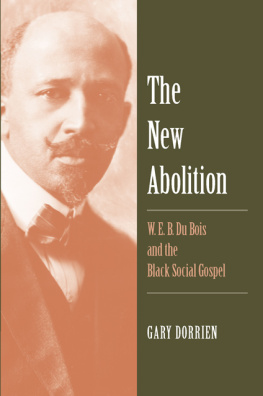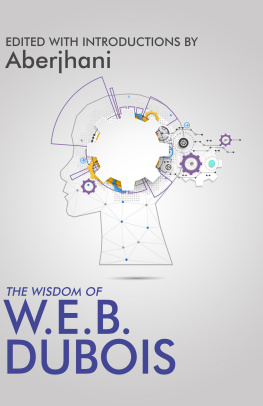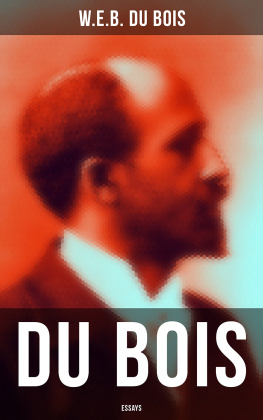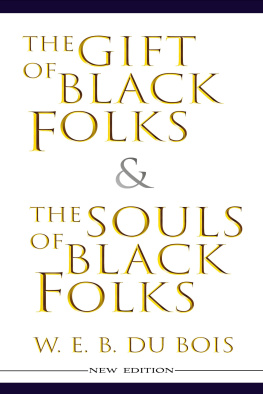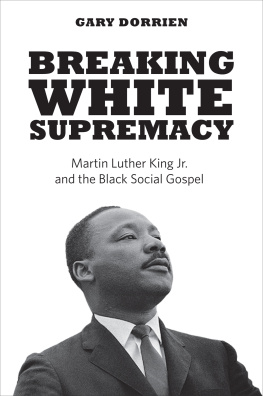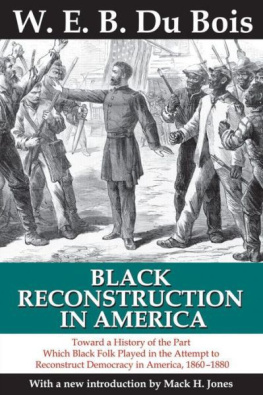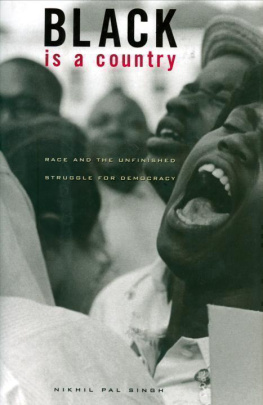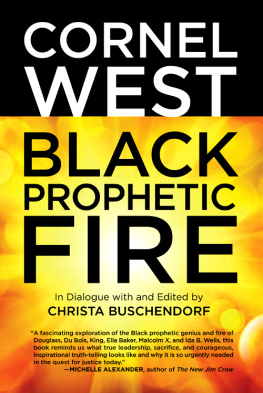
BOOKS BY GARY DORRIEN
Logic and Consciousness
The Democratic Socialist Vision
Reconstructing the Common Good
The Neoconservative Mind: Politics, Culture, and the War of Ideology
Soul in Society: The Making and Renewal of Social Christianity
The Word as True Myth: Interpreting Modern Theology
The Remaking of Evangelical Theology
The Barthian Revolt in Modern Theology
The Making of American Liberal Theology:
Imagining Progressive Religion, 18051900
The Making of American Liberal Theology:
Idealism, Realism, and Modernity, 19001950
Imperial Designs: Neoconservatism and the New Pax Americana
The Making of American Liberal Theology:
Crisis, Irony, and Postmodernity, 19502005
Social Ethics in the Making: Interpreting an American Tradition
Economy, Difference, Empire: Social Ethics for Social Justice
The Obama Question: A Progressive Perspective
Kantian Reason and Hegelian Spirit:
The Idealistic Logic of Modern Theology

Published with assistance from the Louis Stern Memorial Fund
Copyright 2015 by Yale University.
All rights reserved.
This book may not be reproduced, in whole or in part, including illustrations, in any form (beyond that copying permitted by Sections 107 and 108 of the U.S. Copyright Law and except by reviewers for the public press), without written permission from the publishers.
Yale University Press books may be purchased in quantity for educational, business, or promotional use. For information, please e-mail (U.K. office).
Set in PostScript Electra type by IDS Infotech, Ltd.
Printed in the United States of America.
Library of Congress Control Number: 2015933802
ISBN: 978-0-300-20560-2
A catalogue record for this book is available from the British Library.
This paper meets the requirements of ANSI/NISO Z39.481992 (Permanence of Paper).
10 9 8 7 6 5 4 3 2 1
For Professor Romeo Phillips,
treasured friend and educator extraordinary

C ONTENTS

P REFACE
This book comes from a deep wellspring of feeling and years of imploring colleagues, students, and lecture audiences that we need a book on the black social gospel tradition. There is a growing literature on parts of this subject, but there is no book on the black social gospel as a whole.
There came a point when I stopped complaining about this situation and applied the imploring to myself. My work operates on two tracks, ranging across social ethics and politics on one side, and modern theology and religious philosophy on the other. As a social ethicist I work mostly at the intersections of ethics, social theory, and politics, and as a historical theologian I work mostly at the intersections of modern religious and philosophical thought. Friends have noted pointedly, when I start up about the book that we need, that I have analyzed aspects of the black social gospel on both sides of my work. Surely, they reasoned, I was ready to see this subject through.
Surely I care about it too much not to see it through; whether I am ready is hard to say. This books subject is distinctly important to me and is long abiding in me. I was an aspiring four-sport athlete in a semirural, lower-class area in midMichigan Bay County when the civil rights movement exploded into its climactic phase in the early 1960s. My parents, Jack and Virginia Dorrien, had come from similarly poor areas in Michigans Upper Peninsula, where my fathers Cree heritage made him a target of racial abuse. He became passably white by moving away, and raised his five sons as definitely white, never mind that we had obviously Native American relatives.
All my life I have been a jock with a mystical streak and autodidactic intellectual tendencies. In my youth I was a voracious reader, though never of schoolbooks. Fortunately I played sports year-round, which forced me to earn passing grades at school. My family, though not religious, got to Catholic Mass just enough for me to be caught by the image of the suffering God on a cross. Christ crucified broke through my everyday horizon of lower-class culture, the next game, and a bruised psyche. Then the stunning witness of Martin Luther King Jr. and the civil rights movement similarly broke through, eventually melding in my thought and feeling with the cross of Christ.
The images of police violence against African Americans during the great demonstrations in Birmingham and Selma made a searing impression on me. What was behind the vicious racial hostility on display? My schoolteachers said the United States was the worlds greatest nation in every way that mattered, and the greatest ever. But the civil rights movement taught a different lesson.
My lowly school system fell to a half-day schedule, causing my parents to move three miles west, to Midland, where I consumed library books about the civil rights and antiwar movements. Later I became a high-profile athlete in a large sports-obsessed high school, where my politics and autodidactic intellectualism eventually alienated me from my gang of jock friends. Long before I understood very much about politics or religion, King was the formative figure for me, the exemplar of the peacemaking and justice-making way of Christ. That was the sum total of my religious worldview when I squeaked into college, mostly to play sports. Forty-plus years later it is still my touchstone.
In college I plunged into social activism and discovered that school could be interesting. Kant and Hegel put me on track to an unexpected academic career, although I resisted it, feeling called to ministry. In graduate school and seminary I studied for the Episcopal priesthood and joined solidarity organizations working on anti-imperialist and antipoverty issues. Then I worked for eight years as a pastor, community organizer, and activist in Albany, New York, writing books that led to a belated academic career.
I am grateful for the immense privilege that I hold in being able to teach and write for a living. No one in my Bay County neighborhood talked about going to college or having a career. My neighbors and relatives would have repudiated the notion that being white conferred any cultural privileges upon themeven as they struggled intently to secure whatever white privilege they could get and passed it to me. Interrogating ones racial bias is exceedingly difficult. Interrogating ones complicity in white supremacya structure of power based on privilege that presumes to define what is normalis harder yet. I am torn between knowing that I am terribly limited as an interpreter of African American social Christianity and believing that it deserves all the books it can get, even from me.
Many of the leading figures in this book were full-time ministers, and some were every-week preachers despite holding day jobs elsewhere. Nearly all were products of black churches in which the bedrock doctrine was that all human beings are brothers and sisters under the Providence of a personal God. On Sundays they preached in congregations for which the morning worship service routinely stretched long into the afternoon. A three-hour service of prayer, testimony, spectacular singing, preaching, and call-and-response was customary, because where else would you rather be? This was where the Spirit blew freely. This was where the world was differently construed. This was where a better world was prayed and preached and sung and shouted into being.
Next page
